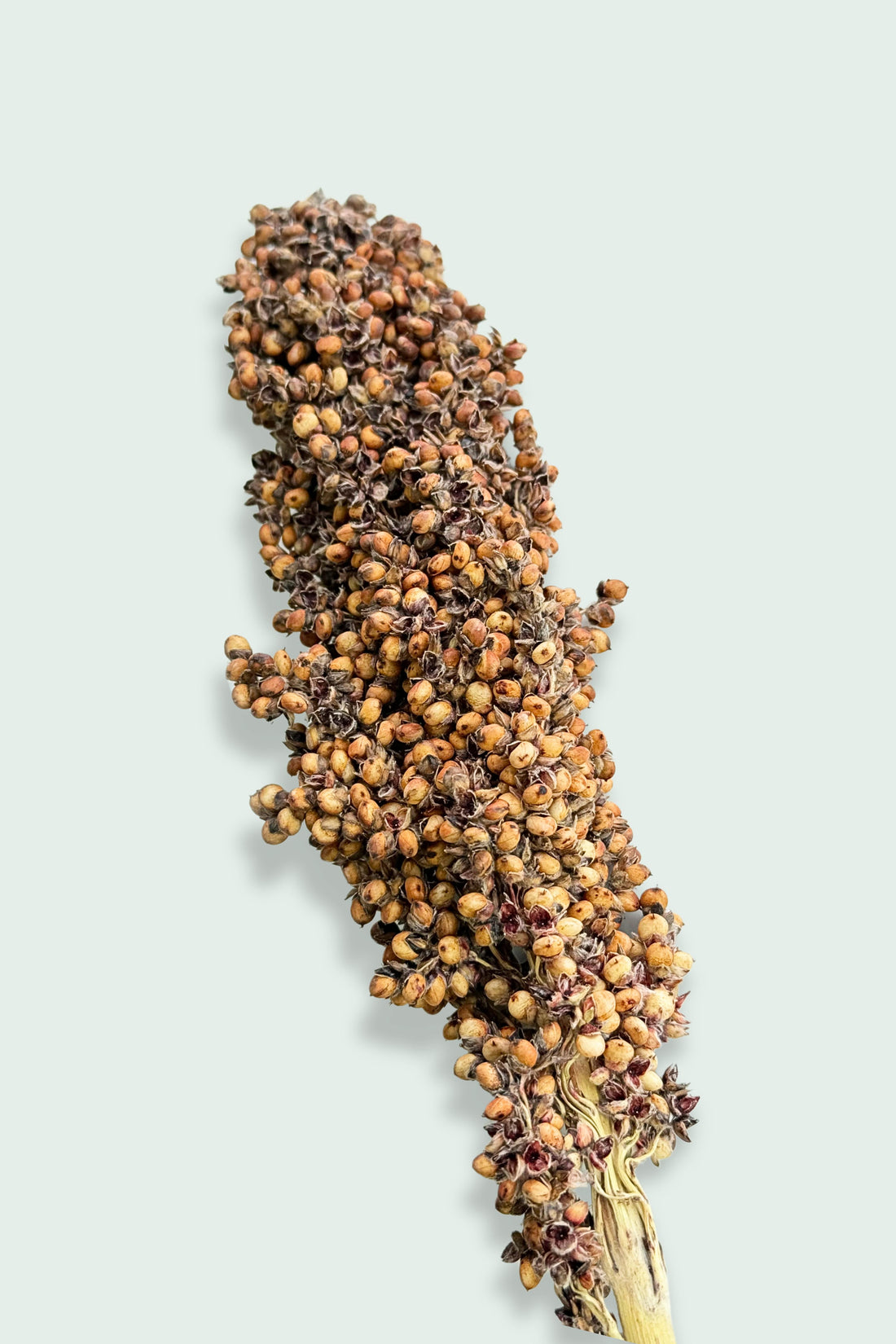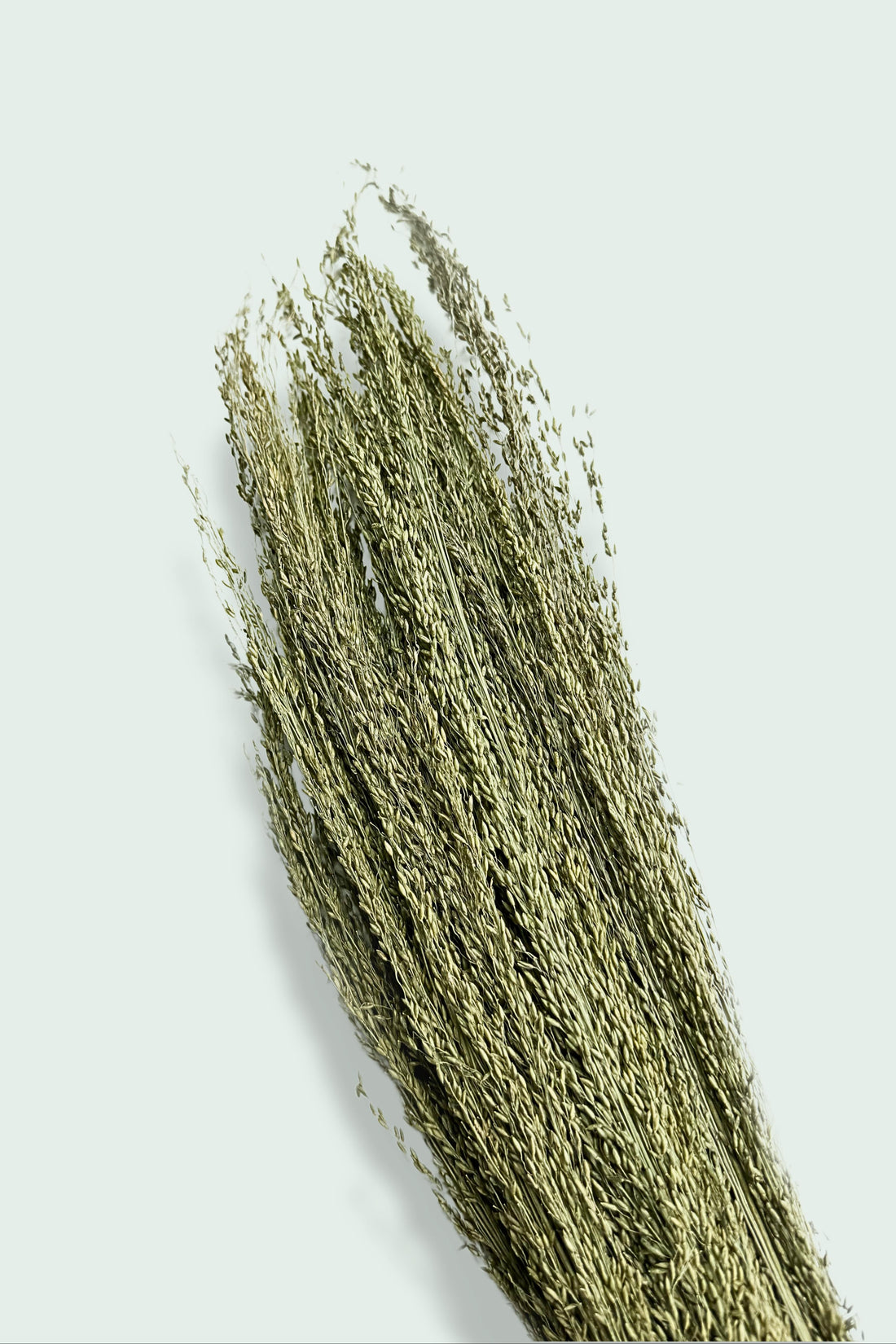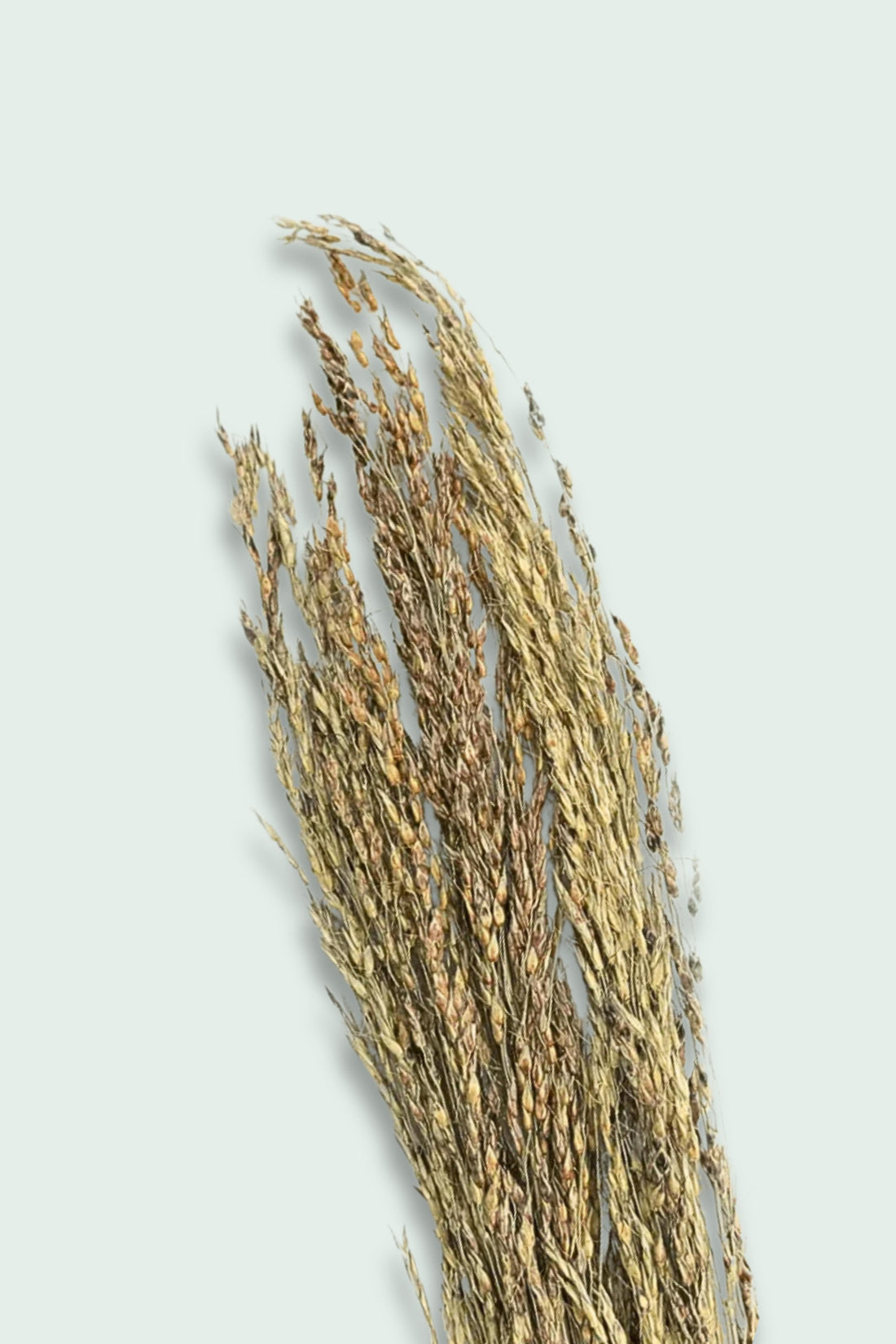Learn how to spot early signs of illness in your gerbil and what you can do to help them recover quickly.
Gerbils are naturally energetic, curious, and tidy little pets. But like all animals, they can fall ill—and because they tend to hide symptoms until things get serious, early detection is crucial. In this detailed guide, we’ll explore the key signs your gerbil might be sick, what they could mean, and what steps you should take. Whether you’re a first-time gerbil owner or an experienced small pet parent, this article will help you keep your furry friend healthy and thriving.
🔍 Why Gerbils Hide Illness
Gerbils are prey animals by nature. In the wild, showing signs of weakness makes them vulnerable to predators. This survival instinct is deeply hardwired—even in domesticated environments—so your gerbil will often go to great lengths to appear normal, active, and healthy even when they’re not.
This behavior is known as "masking," and it can make detecting illness in gerbils particularly difficult. Unlike dogs or cats, who may whine, limp, or seek comfort when unwell, a gerbil will continue its daily activities until it simply can’t anymore. Often, by the time physical symptoms like lethargy, labored breathing, or a scruffy coat become visible, the condition has already progressed to a more advanced or critical stage.
This means that subtle changes in behavior are your best early warning system. Things like sleeping more than usual, avoiding the wheel or toys, or even a slight decrease in appetite might be the first and only clues you get. That’s why daily observation is so important—not just for spotting illness but also for understanding what’s normal for your gerbil.
Pro Tip: Keep a small pet care journal or checklist to track changes in behavior, eating habits, weight, and droppings. It only takes a minute a day and can help spot illness before it becomes life-threatening.
Understanding and respecting this instinct to hide discomfort can make you a more responsive and compassionate caregiver—and could ultimately save your gerbil’s life.
⚠️ 12 Common Signs Your Gerbil Might Be Sick (Detailed Guide)
1. Lethargy or Sudden Decrease in Activity
Gerbils are naturally energetic animals. They love to dig, run on wheels, explore tunnels, and interact with their environment. If your gerbil suddenly stops being active—especially during their usual waking hours—it could indicate fatigue, weakness, or pain. Staying in a corner, sleeping excessively, or ignoring toys and cage mates is not normal behavior and may signal an underlying health issue.
Tip: Add natural foraging items like Dried Sprays to the enclosure. If your gerbil ignores them, that’s another clear signal something may be wrong.
2. Loss of Appetite or Noticeable Weight Loss
A healthy gerbil will nibble throughout the day and show interest in fresh herbs, seeds, or safe treats. If you notice food remaining untouched for 24 hours or more, or your gerbil seems thinner with more pronounced bones, it’s time to act. Potential causes include dental problems, gastrointestinal distress, or infection. Weight loss is especially dangerous in small animals and can escalate quickly.
🌸 Try this: Offer our Flower Mix – Premium, which is easy to chew and full of gentle, aromatic herbs that encourage eating even when appetite is low.
3. Labored or Noisy Breathing
Respiratory issues are common in gerbils, especially when kept in dusty environments or exposed to drafts. Watch for signs like shallow breathing, audible clicking or wheezing sounds, flared nostrils, or heaving sides. If your gerbil sits hunched with its eyes half-shut and seems to breathe with effort, a respiratory infection is likely—and often requires immediate veterinary attention.
🧼 Ensure proper cage hygiene and avoid scented bedding, which can irritate the respiratory system.
4. Discharge From Eyes or Nose
Healthy gerbils have bright, alert eyes and dry, clean noses. Discharge from either area, particularly reddish-brown secretions, often indicates illness or stress. The red fluid is porphyrin, secreted from a gland near the eye and often mistaken for blood. While small amounts may be normal during stress, persistent or excessive discharge can signal infection or poor living conditions.
🚨 Combine this symptom with sneezing or breathing issues, and you should seek veterinary help promptly.
5. Changes in Coat Condition
Your gerbil’s fur should look smooth, clean, and well-kept. A greasy, patchy, or ruffled coat may indicate poor grooming due to illness, discomfort, or stress. Bald spots, scabs, or flaky skin could point to mites, fungal infections, or allergies to bedding or food.
🛁 Offer a sand bath and place it in a clean containers.
6. Diarrhea or Soiled Tail Area (Wet Tail)
Gerbils normally produce small, firm, pellet-shaped droppings. If you notice soft, watery stools or staining around the tail, it's a serious concern. Known as “wet tail,” this condition can be caused by bacterial infections, poor diet, or sudden changes in environment. It can quickly lead to dehydration and death if untreated.
💧 Hydration is key. Offer fresh water, keep the environment warm, and seek vet care as soon as possible.
7. Overgrown Teeth or Drooling
Gerbils’ incisors grow throughout their lives and need regular wear through chewing. If they’re not provided with natural materials to gnaw on, teeth may overgrow, leading to difficulty eating, drooling, or even facial abscesses. A gerbil pawing at its mouth or losing weight while still approaching food may be suffering from dental issues.
🦷 Offer tough, natural items like Burdock Root Chews to help file down teeth naturally.
8. Lumps, Bumps, or Swelling
Check your gerbil’s body regularly while handling. Swellings under the skin may be benign cysts, but some—especially on the scent gland (located on the belly)—can be tumors or abscesses. Scent gland tumors are unfortunately common in older male gerbils and often need surgical removal.
🩺 Any new lump, especially one that grows or becomes red or inflamed, should be examined by a vet.
9. Abnormal Droppings or Urine
Feces and urine offer a direct insight into your gerbil’s digestive and urinary health. Runny, discolored, or smelly droppings could be a result of poor diet or intestinal issues. Similarly, cloudy or bloody urine may signal urinary tract infections or kidney problems.
🔍 Check the bedding daily for consistency and unusual odors—an essential part of proactive care.
10. Head Tilting or Balance Issues
If your gerbil seems to tilt its head, walk in circles, or fall over, this could indicate a middle or inner ear infection, a neurological disorder, or trauma. It may also come with a lack of coordination or trembling. This is often alarming to witness but can sometimes be resolved with antibiotics when caught early.
🧠 Neurological signs can progress quickly—seek immediate veterinary help if this symptom appears.
11. Seizures
Some gerbils (particularly younger or genetically predisposed individuals) may experience brief seizures triggered by stress, sudden handling, or loud noises. These usually last just a few seconds and may involve freezing, twitching, or temporary collapse. If these episodes become frequent or longer, a neurological or metabolic issue could be present.
💡 Avoid startling your gerbil and make their environment as calm and predictable as possible.
12. Excessive Scratching or Skin Irritation
While occasional scratching is normal, constant or frantic scratching—especially if it leads to hair loss, red patches, or scabs—could be a sign of mites, ringworm, or an allergic reaction. This can be caused by contaminated bedding, dirty cages, or improper humidity levels.
🧴 Ensure all bedding is unscented, natural, and free from dust. Keep the habitat clean and well-ventilated.
By learning to recognize these symptoms early, you dramatically improve your gerbil’s chances of recovery. Pair this knowledge with a healthy diet, clean living conditions, and regular enrichment, and your furry friend will be better equipped to live a long, happy life.
🏥 What to Do If Your Gerbil Is Sick
Spotting signs of illness in your gerbil is only the first step—what you do next can make all the difference. Gerbils are small, sensitive creatures, and their health can deteriorate rapidly. Taking prompt, informed action can save your gerbil’s life or prevent further complications.
✅ 1. Isolate and Observe Behavior Closely
If you have a pair or group of gerbils, the first thing you should do when you suspect illness is gently isolate the sick gerbil. This serves two purposes:
-
Prevents the spread of contagious illness, especially respiratory or parasitic infections.
-
Allows for accurate observation of symptoms without interference from other cage mates.
Use a temporary setup with a secure, well-ventilated enclosure. Include familiar bedding, a hideout, food, water, and gentle enrichment like a millet spray or flower petals. Avoid changing everything at once—consistency helps reduce stress, which can worsen symptoms.
Monitor:
-
Eating and drinking behavior
-
Urine and droppings
-
Posture and movement
-
Breathing and vocal sounds
-
Grooming and scratching
Take daily notes. Even subtle changes could help your vet diagnose the problem later.
✅ 2. Keep the Environment Warm and Quiet
A sick gerbil may struggle to regulate its body temperature. Hypothermia can quickly set in, especially if the gerbil is inactive or not eating.
-
Ideal temperature: Maintain the environment at a consistent 20–22°C (68–72°F).
-
Use a heating pad under half of the enclosure if needed, so the gerbil can move to a cooler area if it gets too warm.
-
Avoid drafts, fans, and sudden temperature changes.
Noise and commotion can further stress an already ill gerbil. Place the enclosure in a quiet, low-traffic room where lights are soft and disturbances are minimal.
✅ 3. Check the Essentials: Water, Food & Hygiene
💧 Water
Dehydration is a major risk with any small animal illness. Ensure the water bottle is working and positioned correctly. If the sick gerbil isn’t drinking:
-
Offer water in a shallow dish or even a syringe (only if you’re confident in how to do this safely).
-
You can also add a tiny drop of unflavored Pedialyte or electrolyte solution to rehydrate, but vet guidance is strongly recommended before doing this.
🥗 Food
Gerbils have fast metabolisms. Going even 12–24 hours without food can be dangerous.
-
Offer highly palatable foods like millet sprays, oats, or petals from our Flower Mix – Premium.
-
You can mash soft seeds with warm water to create an easy-to-eat paste if needed.
-
Avoid treats high in sugar or fat—they can worsen gut issues or strain the liver.
🧼 Cleanliness
Keep the temporary enclosure:
-
Spot-cleaned daily
-
Free from dust or strong smells
-
Lined with soft, absorbent bedding
Cleanliness reduces stress and lowers the risk of secondary infections, especially in open wounds or with respiratory symptoms.
✅ 4. Don’t Delay Veterinary Care
Many gerbil illnesses look alike on the surface—labored breathing, lethargy, or loss of appetite can be caused by vastly different conditions like bacterial infections, tumors, organ failure, or parasites. Guessing or delaying care can be fatal.
Seek out a vet that specializes in exotics or small mammals. Many standard veterinary clinics don’t have the experience or equipment to properly treat gerbils, so it’s worth calling ahead to confirm.
⚠️ Never give your gerbil human medications (like ibuprofen, paracetamol, or antibiotics). Even small doses can be toxic and fatal.
Prepare a symptom log and bring a sample of droppings if possible. The more information you provide, the faster your vet can diagnose.
✅ 5. Use Natural Supplements Cautiously
You might be tempted to try herbs or supplements marketed for small animal health, but natural doesn’t always mean safe—especially for a sick gerbil.
Some pet owners try:
-
Echinacea (for immune support)
-
Chamomile (for calming effects)
-
Marshmallow root (for digestion)
While some of these have anecdotal support, they should never replace professional care. If used improperly, herbal remedies can interact with medications or delay real treatment.
🌿 If your vet approves, our herbal blends and sprays are made with food-safe, gerbil-appropriate plants to support natural behaviors and mild comfort.
💡 Bonus: When in Doubt, Act Early
With gerbils, time is everything. Many owners lose precious hours assuming the illness will pass on its own or misreading signs of stress as sleepiness.
Here’s a quick checklist:
-
If your gerbil is not eating or drinking, act within 24 hours.
-
If breathing is labored or noisy, act immediately.
-
If symptoms persist beyond 48 hours, schedule a vet visit regardless of severity.
Your swift response could make the difference between a full recovery and a heartbreaking outcome.
🐾 Preventing Illness in Gerbils: 5 Proven Tips for Long-Term Health
Prevention is the foundation of lifelong gerbil health. While some illnesses are unavoidable, many common problems—like respiratory infections, dental issues, and stress-related diseases—can be prevented through proper husbandry. Below are five crucial ways to keep your gerbil healthy, active, and happy.
🧼 1. Maintain a Clean Habitat (Without Overdoing It)
A clean, hygienic environment is one of the most effective ways to prevent illness. Gerbils are naturally tidy animals, but their small size means even a little buildup of bacteria, ammonia, or mold can have a big impact on their health.
-
Spot-clean daily: Remove soiled bedding, leftover food, and waste to prevent ammonia buildup.
-
Deep clean weekly: Refresh the enclosure with new bedding, wipe down surfaces using pet-safe disinfectant, and sanitize water bottles and dishes.
-
Use dust-free bedding: Choose natural paper, aspen, or hemp bedding that is unscented and low in dust. Avoid pine or cedar shavings, which release aromatic oils that can damage gerbils’ lungs.
-
Avoid scented products: Air fresheners, fragranced bedding, or heavily perfumed cleaning sprays can irritate their sensitive respiratory systems.
🌾 2. Feed a Balanced, Natural Diet
A proper diet is one of the most powerful tools you have to prevent illness and boost your gerbil’s immune system. Many commercial food mixes sold in pet stores are overly processed, full of sugars, dyes, and filler ingredients that lead to obesity, diabetes, or nutrient deficiencies.
What a healthy gerbil diet should include:
-
Grains such as oats and barley
-
Legumes and pulses in moderation
-
Dried vegetables and leafy greens
-
Natural herbs and botanicals like chamomile, plantain leaf, and marigold
-
Animal protein from mealworms or insects (essential for proper growth and coat condition)
🌿 Coming Soon: Our Moony Paw Ultra-Premium Gerbil Mix includes over 50 hand-selected ingredients formulated to support energy, digestion, coat health, and dental wear. Free from pellets, fillers, or synthetic additives.
Always introduce new foods slowly, and offer small amounts of fresh vegetables or herbs weekly as occasional treats.
🧩 3. Provide Enrichment to Prevent Stress and Boredom
A bored gerbil is more likely to develop stress-related behaviors such as bar chewing, overeating, over-grooming, and even depression. Enrichment not only improves quality of life—it actively supports physical health by encouraging exercise, chewing (for dental wear), and mental stimulation.
Easy enrichment ideas:
-
Chew toys made of natural wood or vine
-
Dried sprays like wheat, sorghum, or flax to encourage natural foraging
-
Digging boxes filled with safe soil or shredded paper
-
Multi-level platforms for climbing
-
Hideouts and tunnels, like our Wooden Tunnel Watchbox
💡 Switch up enrichment items weekly to keep things fresh and stimulate curiosity.
🧊 4. Avoid Drafts, Humidity, and Extreme Temperatures
Gerbils originate from dry desert environments and are extremely sensitive to temperature and air quality. Sudden drops or spikes in temperature, or exposure to damp, humid conditions, can trigger respiratory infections, especially in young or elderly gerbils.
Temperature guidelines:
-
Ideal range: 20–22°C (68–72°F)
-
Humidity: Keep below 50% whenever possible
-
Avoid direct sunlight, heaters, or cold drafts
Tips:
-
Don’t place cages near windows, air vents, or radiators.
-
Monitor the room with a thermometer and hygrometer.
-
If the room is cold, use a ceramic heat emitter or heated mat (under only half the cage) to create a warm zone.
❄️ Consistency is key. Fluctuating conditions weaken immunity and create the perfect environment for disease to take hold.
🧑⚕️ 5. Schedule Routine Vet Checks
Even if your gerbil appears completely healthy, annual or biannual veterinary checkups with an exotic pet vet can detect hidden issues early—especially common conditions like:
-
Overgrown teeth or malocclusion
-
Internal tumors or lumps
-
Parasites or mites
-
Subtle respiratory infections
Most illnesses, if caught early, are treatable and manageable. Vets can also help you monitor weight, advise on nutrition, and check for signs of aging.
🐹 Keep a small notebook with vet visits, weight changes, and dietary notes. This becomes a valuable reference if your gerbil ever falls ill.
🛍️ Moony Paw Picks for Healthier Gerbils
Enhance your gerbil’s daily life with natural, vet-informed essentials designed for comfort, enrichment, and long-term wellness.
At Moony Paw, we believe a healthy gerbil is a happy gerbil. That’s why we carefully curate every product with their physical and emotional wellbeing in mind. From natural foraging items to essential dental chews, these top picks are trusted by small pet owners across the UK.
🌼 Flower Mix – Premium
Gentle botanical support for digestion, appetite, and foraging instinct.
Our Premium Flower Mix is a carefully blended selection of edible flowers like calendula, rose petals, cornflower, and chamomile. These botanicals not only offer variety in texture and aroma but also help soothe the digestive system, stimulate appetite, and provide mild anti-inflammatory benefits.
-
Ideal for picky eaters or unwell gerbils
-
Perfect as a daily food topper or occasional treat
-
Promotes natural foraging behavior and scent recognition
🌾 Mystery Dried Sprays
Nature’s foraging toy—every spray a surprise!
Each pack of Mystery Dried Sprays contains a rotating selection of grain-bearing stems like millet, sorghum, or flax. These are rich in nutrients and give gerbils a chance to harvest food the way they would in the wild.
-
Supports foraging, chewing, and mental stimulation
-
Excellent for weight management and enrichment
-
A must-have boredom buster in multi-gerbil setups
🧺 Banana Leaf Basket
Multi-purpose foraging and feeding tool.
Handwoven from natural banana leaves, this eco-friendly basket can hold flower mixes, hay, or treats—encouraging gerbils to dig, pull, and explore. It’s soft enough to chew but sturdy enough to last through weeks of enrichment.
-
Can be hung or placed on the enclosure floor
-
Biodegradable and safe for chewing
-
Encourages activity and natural instincts
🦷 Soonroot Chew Sticks
Keep teeth trimmed and boredom at bay.
Dental health is essential for gerbils, whose teeth grow continuously. These natural chew sticks made from rattan and bamboo help prevent overgrown incisors, which can lead to weight loss, drooling, or painful abscesses.
-
Satisfies natural gnawing urges
-
No artificial coatings or additives
-
Long-lasting and suitable for daily use
✨ Why Choose Moony Paw?
Every product we offer is:
-
🐾 Made with your pet’s wellbeing in mind
-
🌱 Free from additives, dyes, and artificial ingredients
-
📦 Shipped from the UK with flat international rates
-
🧡 Loved by gerbil owners, breeders, and small pet experts
Give your gerbil the best—naturally. Explore the full Gerbil Collection → to support their health, happiness, and habitat.
❤️ Final Thoughts: Don’t Wait—Act Early
When it comes to gerbil health, early intervention saves lives. These little creatures may be small, but the bond we form with them is big—and recognizing when something’s wrong could be the difference between a full recovery and a preventable loss.
Gerbils are naturally stoic animals. They hide pain and illness until symptoms become too severe to mask. That’s why daily observation isn’t just helpful—it’s essential. A slight dip in appetite, extra time spent hiding, or a change in posture might seem insignificant, but it could be your only clue that your gerbil is unwell.
By keeping a watchful eye on your gerbil’s:
-
Behavior (activity level, social habits, grooming)
-
Eating and drinking patterns
-
Appearance (coat quality, body weight, eyes and nose)
-
Droppings and urine output
—you can spot warning signs early and respond before the illness becomes life-threatening.
🧹 Create a Daily Routine of Care
Consistency goes a long way. Maintain a clean habitat, provide healthy and natural foods, rotate enrichment toys regularly, and give your gerbil gentle handling and interaction each day. These small acts of care build trust and make health changes easier to detect.
💡 Tip: Use a simple notebook or app to track changes in weight, droppings, behavior, or appetite—especially if your gerbil is aging or has a history of illness.
🚨 Take Symptoms Seriously
It’s always better to overreact than underreact when it comes to gerbil health. If you notice any of the following, contact a vet promptly:
-
Labored or noisy breathing
-
Loss of appetite for more than 24 hours
-
Signs of injury, swelling, or infection
-
Diarrhea or wet tail
-
Unusual lethargy or collapse
Even if the issue seems minor, a vet visit can offer peace of mind—and potentially catch a hidden issue before it becomes critical.
🛍️ Rely on Natural, Trusted Products
A clean environment, proper nutrition, and mental stimulation all play vital roles in disease prevention. At Moony Paw, we’re proud to offer vet-informed, natural products that support every aspect of your gerbil’s well-being—from digestion and dental care to enrichment and relaxation.
Browse our full range of gerbil care products, including:
-
All-natural forage and flower blends
-
Chew toys and dental sticks
-
Tunnels, hideouts, and baskets for foraging fun
-
Sand bath accessories for grooming and enrichment
Every item in our store is carefully chosen to align with your pet’s natural instincts and biological needs—because we believe wellness starts with what’s natural.
📬 Have Questions? We’re Here to Help.
Caring for a gerbil can feel overwhelming—especially when something goes wrong. But you’re not alone. If you ever feel unsure about a symptom, product, or setup:
📧 Contact our team directly through our website
💬 Message us on Instagram or social media
📚 Check out our blog for more in-depth care guides
We’re not just here to sell—we’re here to support your journey as a loving and informed pet parent.
🐹 A Healthier, Happier Gerbil Starts With You
Your attentiveness, quick action, and thoughtful care create the best possible environment for your gerbil to live a long, fulfilling life. Whether you're raising your first pair or caring for an aging companion, remember: you’re their entire world. Every small act of love, every clean enclosure, and every healthy snack makes a lasting difference.
Stay proactive. Stay observant. And stay compassionate. Your gerbil deserves nothing less.
💕 For peace of mind, explore our full gerbil wellness collection—built by small pet lovers, for small pet lovers.






